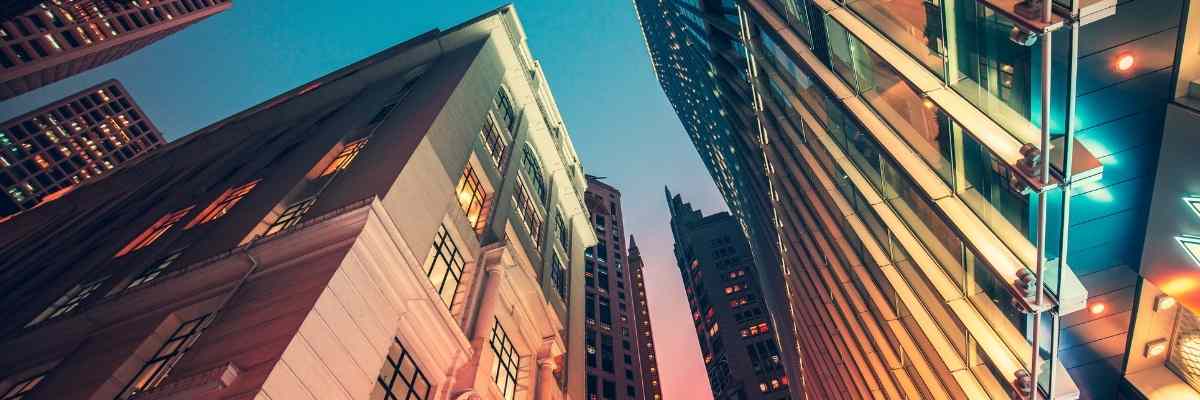 When we want to rent or buy commercial premises, many questions arise about the Community expenses we must pay for. Do I have to pay for the installation of a lift that I will not use? We hope this article will answer these and other questions.
When we want to rent or buy commercial premises, many questions arise about the Community expenses we must pay for. Do I have to pay for the installation of a lift that I will not use? We hope this article will answer these and other questions.
Índice de contenidos
What does the Horizontal Property Law (LPH)?
If you are GOING TO BUY or RENT commercial premises in an owners’ community, you should know that under Article 9.1 of the Horizontal Property Law, you are obliged to pay the community expenses like any other independent registered property that is part of the community. The most common costs are for cleaning the entrance hall, electricity, water, or lift maintenance.
In addition, “the amounts will be allocated according to the percentage of property for each flat and commercial premises”.
According to this rule, even if commercial premises do not make use of stairs, lifts, cleaning, etc., they must pay their corresponding fee, because “the non-use of a service does not exempt from the fulfilment of the obligations”, as set out in the Horizontal Property Law.
We recommend: New grants for the refurbishment of homes and buildings
How do I know how much commercial premises should pay?
The expenses you must pay for your premises will depend on the percentage of property stated on the deeds. However, the LPH indicates a generic obligation that may be modified in the Constitutive Title or Public Deeds of Horizontal Division, exempting some premises in the Statutes from participating in some specific expenses. This release of payment would apply only and exclusively to the specific expense mentioned, but not to any similar expenses. Therefore, you should refer to the Deeds of Horizontal Division to see if you are exempt from any payment.
Board of owners to release commercial premises from paying expenses
A Unanimous Agreement by a board of owners is another way of expressing the release of commercial premises from payment of a specific Community expenditure, in accordance with Article 17 of the LPH. These exceptions should refer to specific costs (cleaning, lighting, lift, etc.).
Therefore, if the owner of a commercial premises has an independent entrance, which does not have access to the building entrance, and the building is demanding payment of an extraordinary expense for changing the door, you should consult:
- The Constitutive Title of the Community
- Statutes or Acts held to see if that expense is collected as an exemption from payment.
In conclusion and to summarize, do commercial premises pay community expenses?
Yes, all commercial premises must pay the general and extraordinary expenses of the community, unless the Statutes or Constitutive Title indicate otherwise.
If you need more information about Owners Communities and the expenses that may affect them, contact your Mediterráneo Property Administrator.